Upcoming Events

October 22, 2024
第7回学術大会【開催報告】
2024年9月22(日)に「第8回学術大会」を開催いたしました。会場とオンラインの同時開催で行い、医療関係者や一般企業の方、研究機関の方、患者様やご家族、そして一般の方など沢山の方々にご参加いただきました。皆様のお陰で無 […]
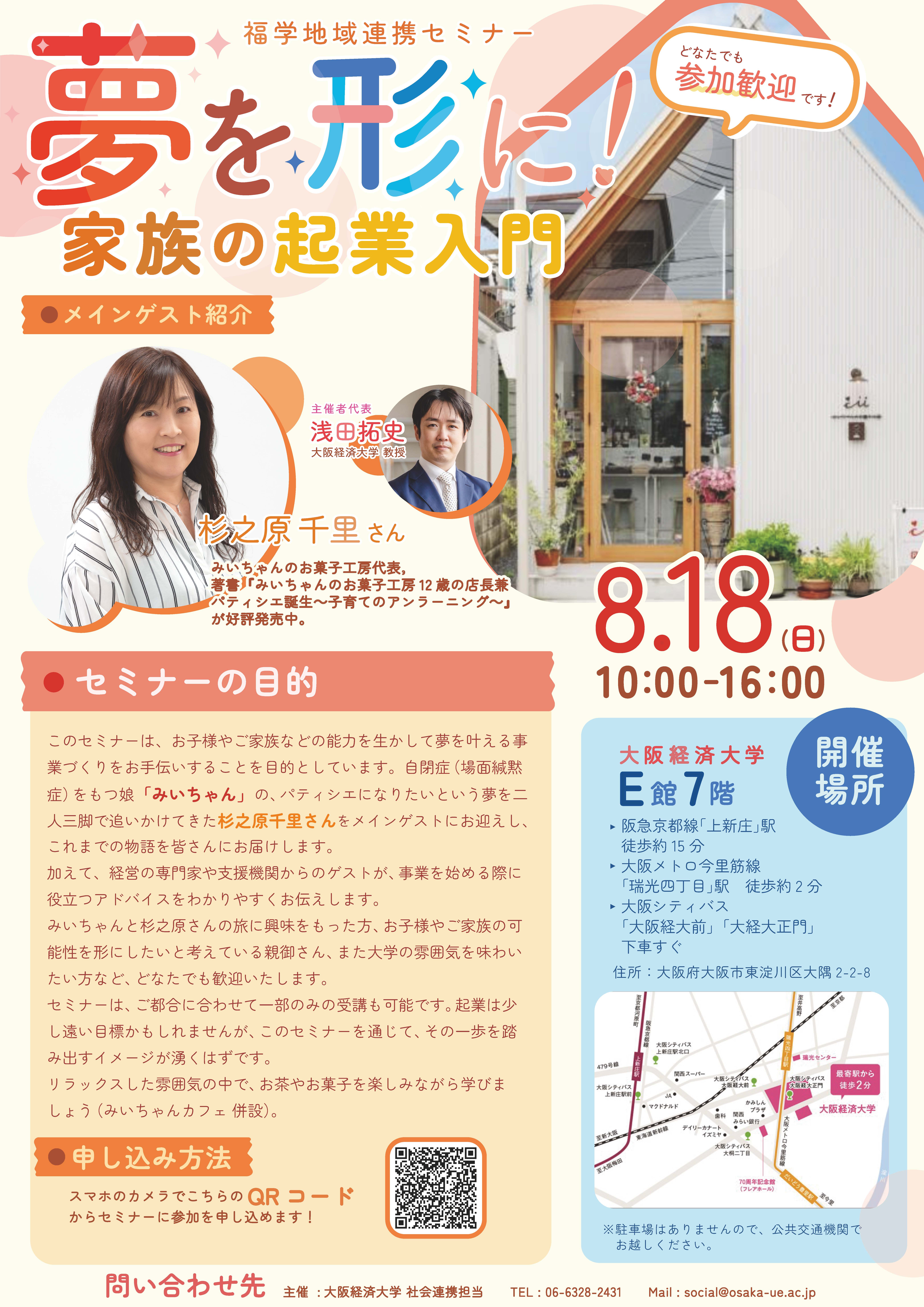
July 10, 2024
【Event】 We will exhibit at the seminar with Mr. Suginohara of Miichan’s Confectionery Workshop.
We are pleased to co-sponsor the Fugaku Regional Cooperation Seminar “Introduction to Family Entrepreneurship: Shaping Dreams into Reality” to be held on Sunday, August 18, 2024, and will have a booth at the event as well. Ms. Chisato Suginohara, representative of “Miichan no Okashi Kobo” who will be speaking at the lunchtime talk session at […]

April 03, 2024
【Event】 Dr. Shirotani will speak at the 7th Annual Conference of the Japanese Society of Preemptive Clinical Medicine
Dr. Masahiko Shirotani, Executive Director of the Luke’s Ashiya Clinic, will deliver a special lecture at the 7th Annual Conference of the Japanese Society of Preemptive Medicine to be held on June 22 (Sat.) and 23 (Sun.), 2024. Dr. Zen Tanaka, President of Tanaka Clinic, Nizenkai Medical Corporation, will be the chairperson. Lecture Contents Special […]

September 27, 2023
The 7th Annual Conference [Report].
The “7th Academic Conference” was held on Sunday, September 17, 2023. The event was held simultaneously at the venue and online, and was attended by a large number of people, including medical professionals, general companies, research institutions, patients, and the general public. I would like to take this opportunity to express my gratitude to all […]

October 05, 2022
【Event】The 7th Annual Meeting
The 7th Annual Meeting will be held as follows. This year, the conference will be held both on-site and online at the same time. The registration for same-day participation has been closed. Date and time: September 17, 2023 (Sun.) Opening at 11:00 (doors open at 10:30) – Closing at 17:00 […].

October 05, 2022
The 6th Annual Conference [Report]
The 6th Annual Scientific Meeting, held on Sunday, September 18, 2022, was held simultaneously at the venue and online. It was attended by many people, including medical professionals, general business people, people from research institutions, patients, and the general public. Despite the corona pandemic, everyone […]
Notices

October 22, 2024
第7回学術大会【開催報告】
2024年9月22(日)に「第8回学術大会」を開催いたしました。会場とオンラインの同時開催で行い、医療関係者や一般企業の方、研究機関の方、患者様やご家族、そして一般の方など沢山の方々にご参加いただきました。皆様のお陰で無 […]

August 26, 2024
FMT on “Cancer” will be presented in the morning session.
Fecal Microflora Transplantation (FMT) on “Cancer” will be presented in the morning session of the 8th Annual Conference of The Association for Clinical Research of Fecal Microbiota Transplantation Japan to be held on Sunday, September 22, 2024. You can participate either at the venue (Rihga Royal Hotel Osaka) or online. The following is the program […]

August 23, 2024
The conference was introduced on the website of the Japan Society of Preemptive and Clinical Medicine.
We are pleased to announce that our “8th Annual Conference” has been introduced on the website of the Japan Society of Preemptive and Clinical Medicine Inc. We are also pleased to announce that we will be sponsoring the conference and will have a booth on the day of the conference. ・ ・ ・ Dr. Masahiko Shirotani, the […]

May 07, 2024
New Transplant Medical Center|Makiko Gastrointestinal and Colorectal Endoscopy Clinic
We are pleased to announce that we are now a medical institution where intestinal bacteria (plexus) transplantation is available.The new clinic will be called “Makiko Gastrointestinal and Colorectal Endoscopy Clinic. If you are considering a gut microbiota (plexus) transplant, please contact your healthcare provider directly. New transplant institutions Please see below for a list of […]
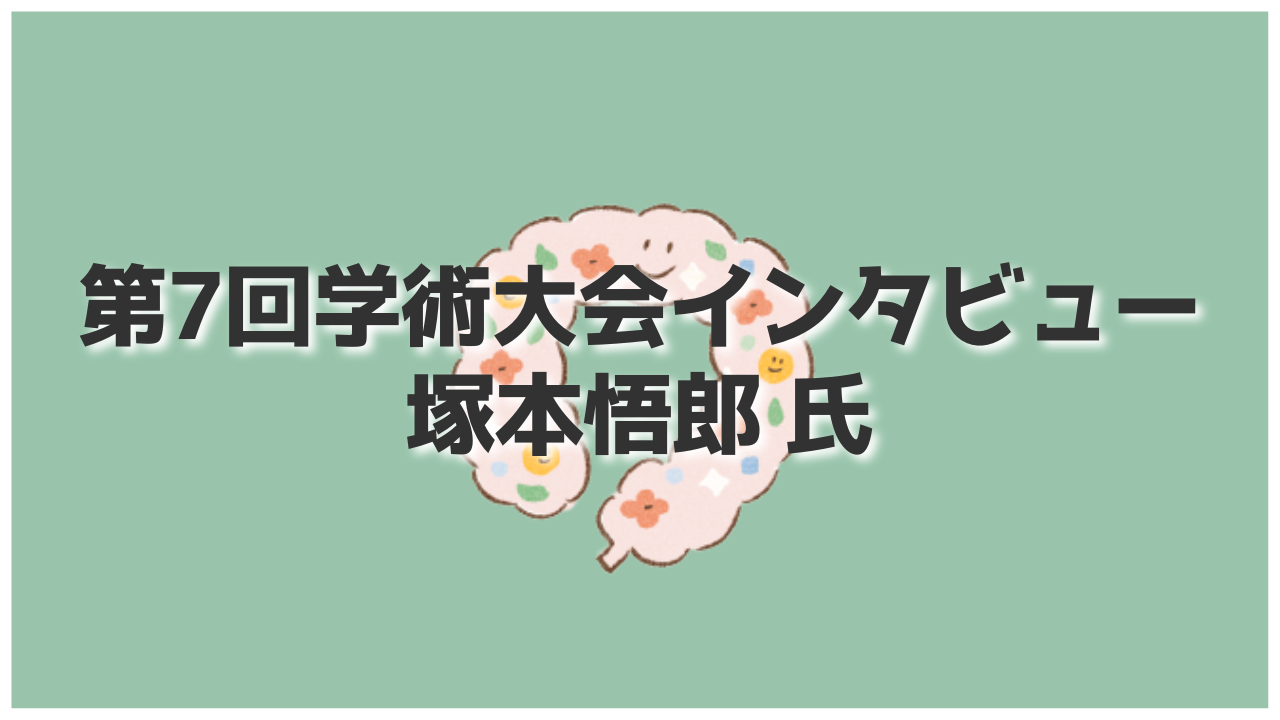
February 04, 2024
Interview with Goro Tsukamoto at the 7th Annual Meeting
‘Gut Flora Transplantation Clinical Study Group of Experts〜Aiming for easier access to treatment, we are challenging research and development.Pharmacist, Doctor of Engineering Goro Tsukamoto: Former Director and General Manager of Drug Discovery Research Institute, Bell Boss, Former Visiting Professor, University of Pittsburgh, USA, Former Professor, Nagaoka University of Technology The world’s first migraine drug, invented […]

December 19, 2023
Notice of Year-end and New Year holidays
Thank you very much for your continued support of our activities. The Institute will be closed for the year-end and New Year holidays as follows. 【Holiday period】 December 29, 2023 (Fri.) – January 3, 2024 (Wed.) 【start of work】Thursday, January 4, 2024 If you wish to contact us during the […]
Blog
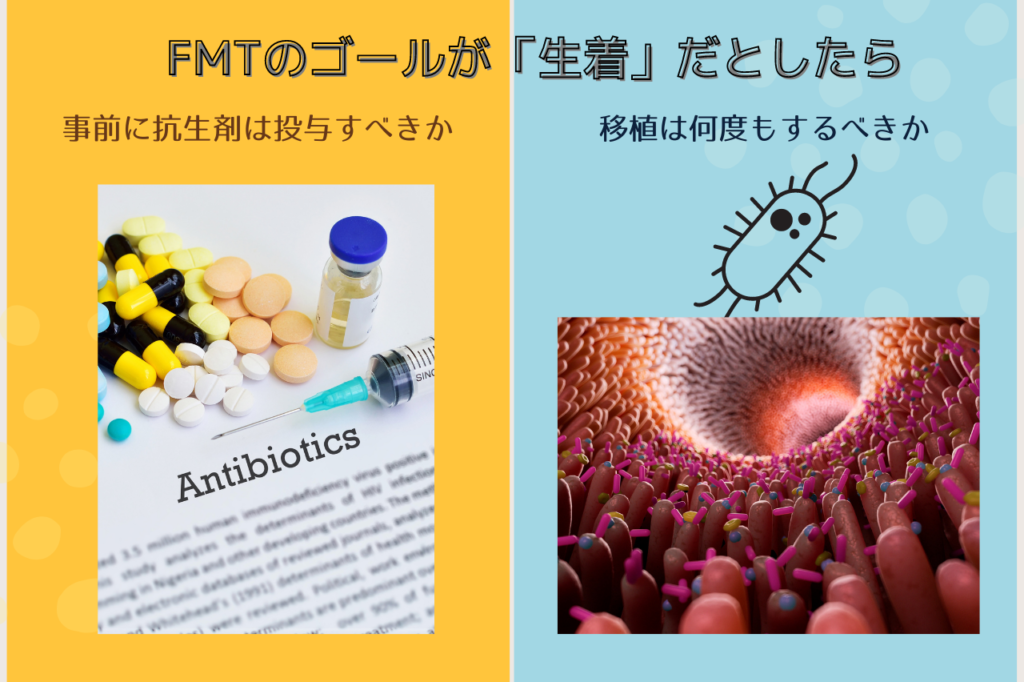
October 26, 2021
WHAT IS THE GOAL OF FMT? IMPACT OF NUMBER OF TRANSPLANTS AND PRIOR ANTIBIOTIC ADMINISTRATION ON BACTERIAL VIABILITY
Effect of Number of Transplants and Prior Antibiotic Administration on Bacterial Engraftment Original Microorganisms | Free Full-Text | Engraftment of Bacteria after Fecal Microbiota Tra […].
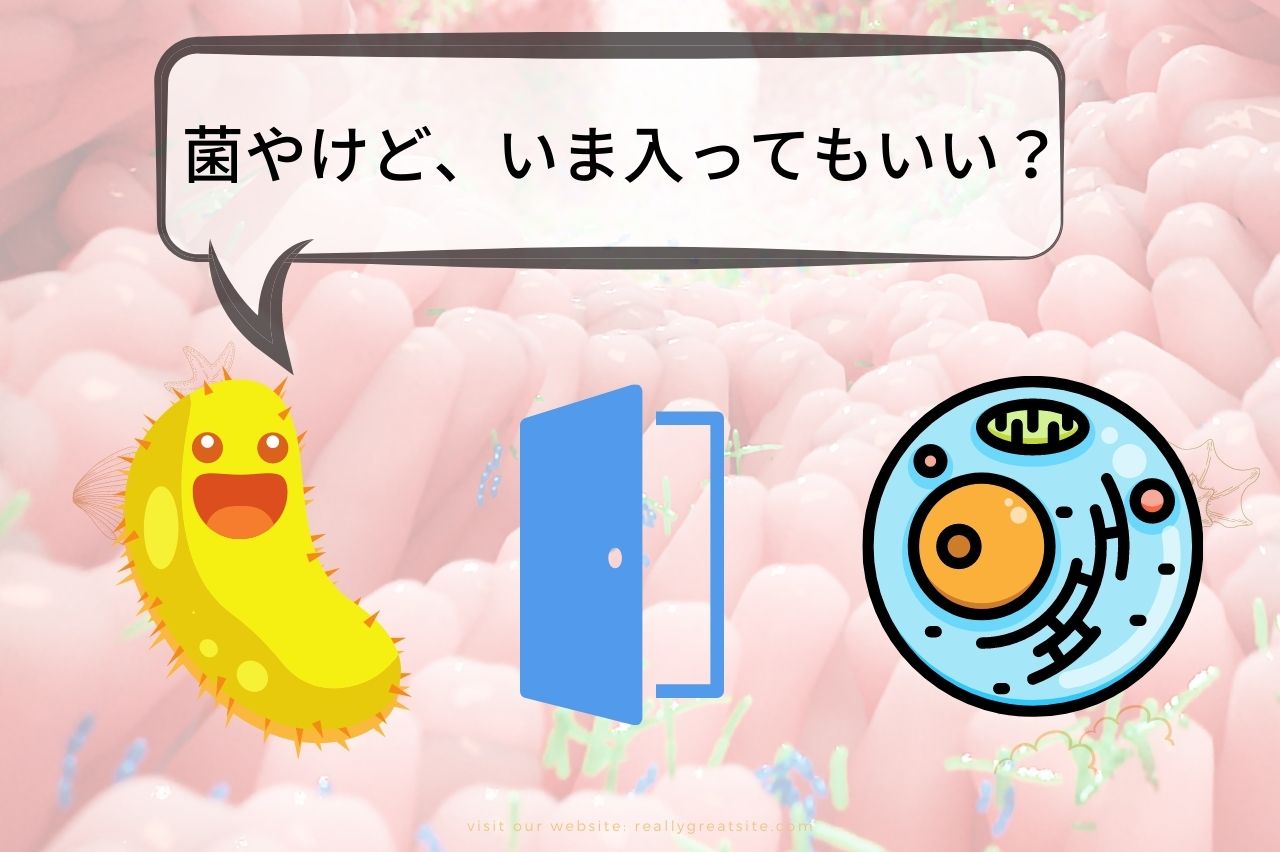
August 03, 2021
Timing of intestinal bacteria to the inside of the mucosa
Conventional wisdom is that intestinal bacteria are only found in the outer mucus layer. The intestine is a hose-like cavity that serves as a pathway for bacteria, food, and water. The inside of the hose is not suddenly the cells of the large intestine, but the mucus and mucous layer separates the outside from the inside. The mucus layer […].
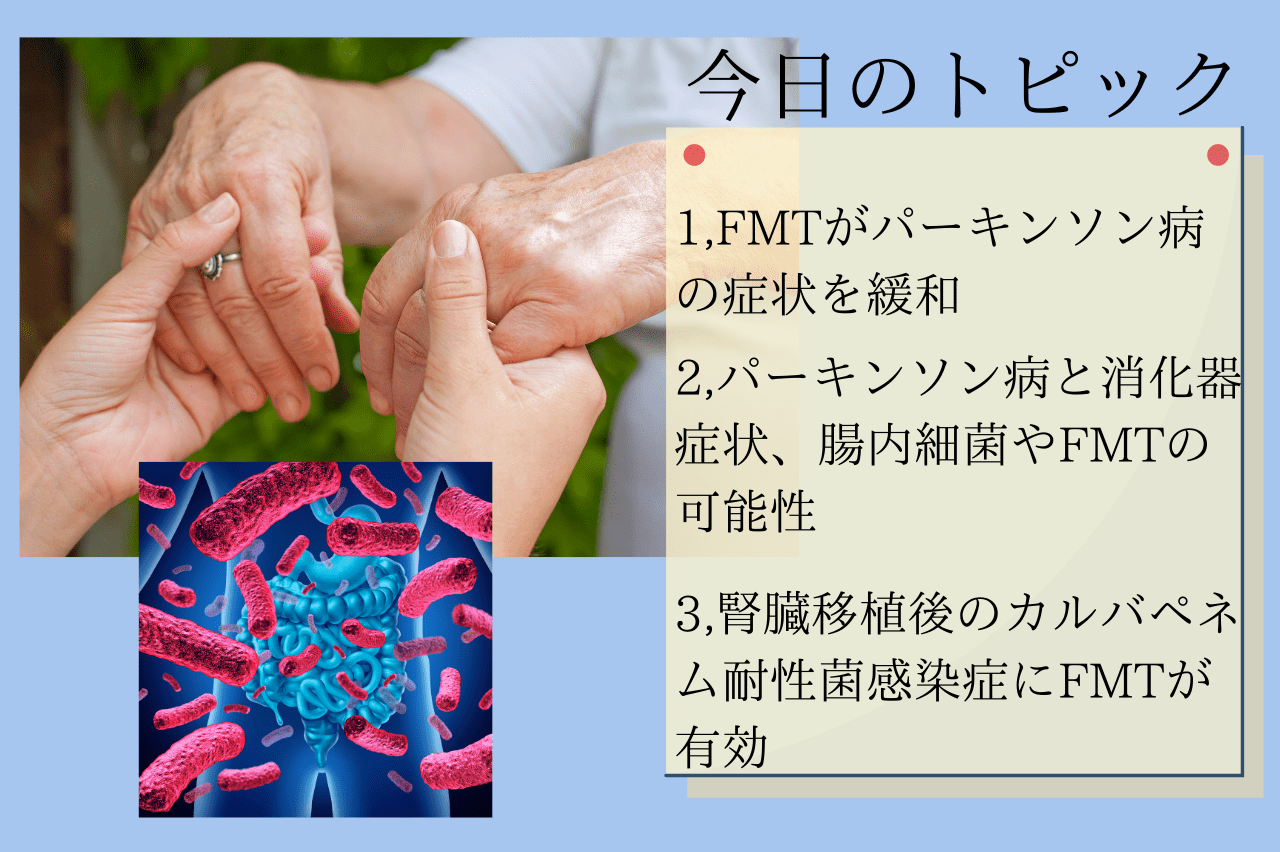
May 31, 2021
FMT IS EFFECTIVE AGAINST PARKINSON’S DISEASE AND RESISTANT BACTERIA [2021.5.31].
FMT relieves symptoms of Parkinson’s disease (Original) Evaluation of fecal microbiota transplantation in Parkinson’s disease patients wit […].
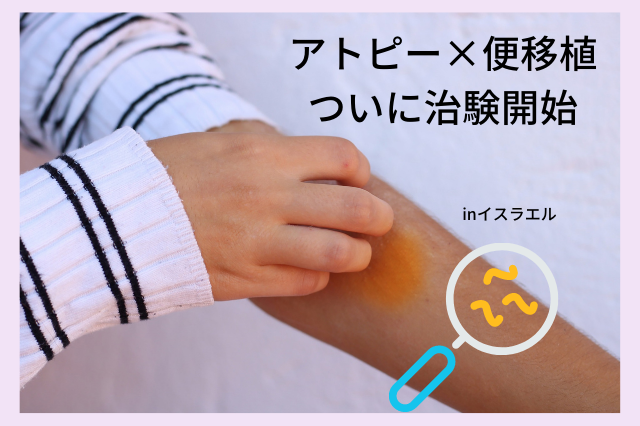
May 10, 2021
A clinical trial of fecal transplantation for atopic dermatitis (“FMT”) has started in Israel.
We are pleased to present a report that a clinical trial of fecal transplantation for atopic dermatitis (hereafter referred to as FMT) has begun in Israel. Detailed clinical trial and patient information is as follows 0 Based on a double-blind study. Original: Efficacy of Fecal Microb […].
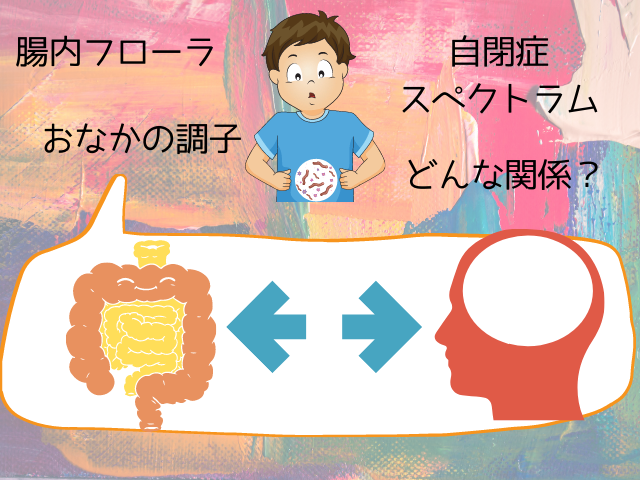
January 20, 2021
Gastrointestinal symptoms and intestinal microbiota changes affected by intestinal flora transplantation in autism spectrum disorder.
BRAIN-GUT CORRELATION MAY BE AN OVERUSED TERM. MANY PEOPLE MAY BE SURPRISED TO HEAR THAT GUT BACTERIA AND AUTISM SPECTRUM DISORDER (ASD) MAY BE RELATED. IN FACT, THIS “MAY” HAS BEEN MOSTLY CONFIRMED BY RESEARCHERS AROUND THE WORLD […].

October 24, 2019
A Clinical Laboratory Technician Talks about the Stool Bank Japanbiome [Contents of Presentation at the 3rd Annual Meeting].
On September 23, 2019, the 3rd General Meeting of the Intestinal Flora Transplantation Clinical Research Foundation “Letter from Intestinal Bacteria to Humanity” was held. Among the presentations given by Yoichiro Oka, General Manager of the Institute, on “Japanbiome (stool bank)” […].




